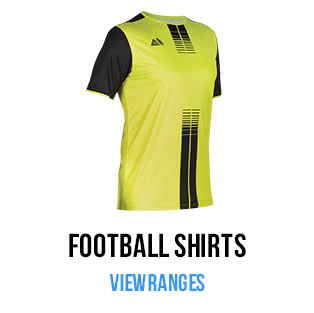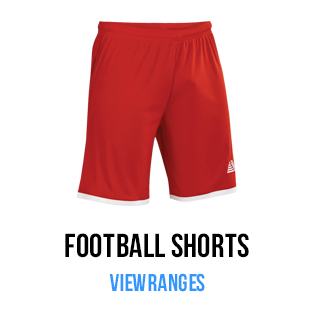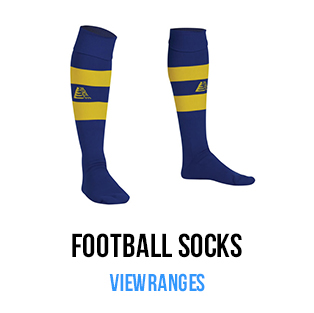Last Updated on: 11th October 2024, 04:21 pm
Football Club Welfare Officer
What does a welfare officer do?
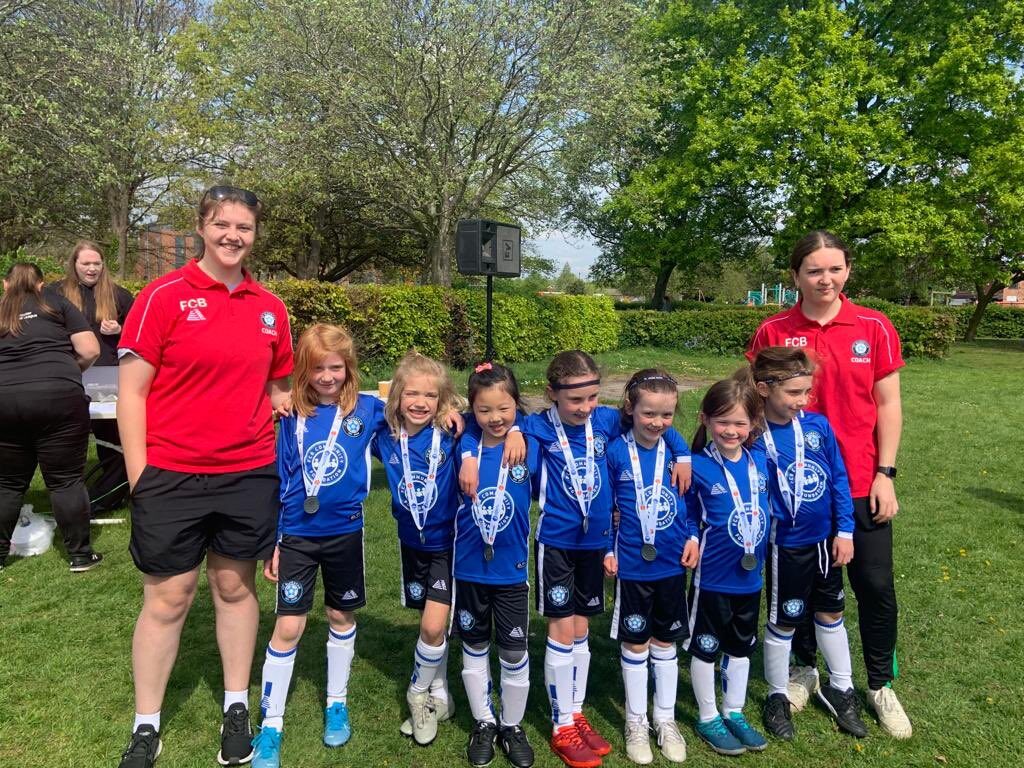
FC Bluestar U7 Girls
It’s important to keep children safe when they play football and I’m not just talking about shin pads. The FA has strict safeguarding policies and anyone involved in grassroots football has a duty to follow them. The game should provide an experience that is safe, positive, and enjoyable. The FA have their own three-part strategy for achieving this:
- Implementing preventative safeguarding measures to create fun, safe, football environments
- Making the reporting of concerns as easy as possible
- Ensuring safeguarding and child protection concerns are investigated swiftly and thoroughly in conjunction with statutory agencies.
Within this three-part structure are regulations regarding different areas. For a complete breakdown of all of the FA’s policies, procedures and regulations you can find out more on their website.
In order to make safeguarding as effective as possible, everyone linked to grassroots football needs to understand and maintain these rules. That’s why, in order to become affiliated, every club with an under-18s team must have a Club Welfare Officer. So, what exactly is a welfare officer?
What does a Welfare Officer do?
Across grassroots football, there is a network of around 8,500 Welfare Officers who support safe and fun environments for everyone. Your club’s welfare officer is concerned with putting safeguards into place for all activities including under-18s. The whole committee should be supporting these efforts but the Welfare Officer needs to ensure that all officials are clear about their own responsibilities.
What do you need to be a Welfare Officer?
To comply with policy, a designated welfare officer must have:
- An accepted CRB check via the FA CRB Unit
- Completed the FA Safeguarding Children Workshop
- Completed the FA Welfare Officer Workshop
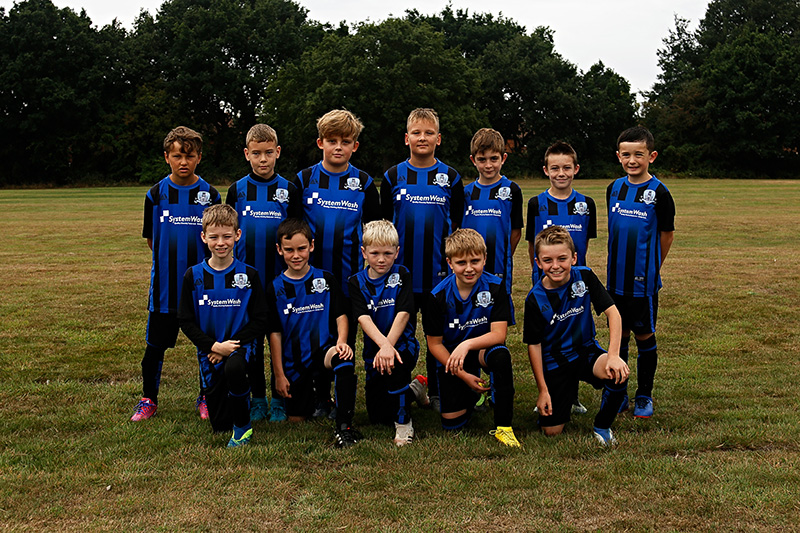
Howden Harriers
Visit the FA’s website for more details about the required workshops.
Obviously, this is a role that will appeal to certain people. If you have any of the following attributes then it might be a good fit.
- Over the age of 18
- Always put a child’s welfare first
- Empathy when dealing with people
- Ability to handle private and confidential information with integrity
- Good communication skills
- Common sense
- Wants to learn
- Willing to ask for advice
- Committed to working collaboratively within the sport’s designated persons network
- Experience in administration will be useful
What are the responsibilities of a Welfare Officer?
A club Welfare Officer will have two key duties:
- To be clear about the club’s responsibilities when running activities for under-18s.
- To help club personnel understand what their “duty of care” towards under-18s actually means and entails on a day-to-day basis.
You can achieve this, they need to work together with the club’s committee, coaches, players, and parents to ensure that the club offers a safe and positive environment.
Some of the major roles include:
-
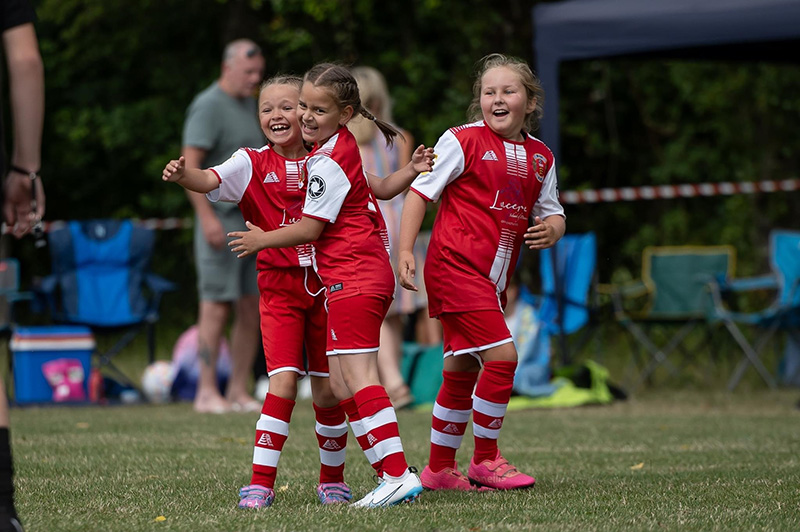
Grays Girls
Ensuring that everyone at the club understands their responsibilities
- Working with the Youth League Welfare Officer
- Working with the County FA Welfare Officer
- Promoting the FA’s Respect Programme and helping to develop best practice processes
- Implement policies regarding safeguarding, anti-bullying, and equality
- Make sure recruiting processes are responsible: take references and submit the FA CRB checks
- Make sure everyone follows the RESPECT Programme codes of conduct
- Refer concerns about the welfare of a child
- Monitor repeated incidents of poor behaviour and bring them to your committee
- Monitor compliance with FA CRB checks using the FA Safeguarding Online System
RESPECT
RESPECT is an FA campaign to challenge and change any unacceptable behaviour both on and off the pitch. It’s the long-term commitment to making grassroots football a more respectful and inclusive environment for all players, officials, and spectators. Welfare Officers have the chance to make an important contribution to keeping grassroots football a fun and safe environment. They should be promoting this message and making sure all spectators and coaches are working within the codes of the RESPECT programme.
There is a selection of resources available on the FA website that will help you in your role as Welfare Officer. They include RESPECT codes of conduct for a variety of people. It is your job to promote these resources so everybody linked to your club is aware of their personal responsibilities.
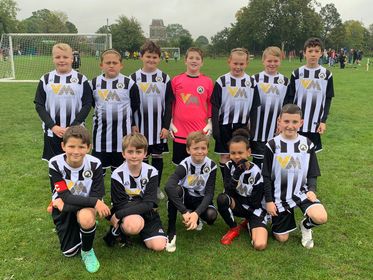
Fisher Youth Under 11s
Online Safeguarding Service
The FA’s Online Safeguarding Service is available to all volunteer Club and Youth League Welfare Officers. It contains tools to help with the role. It is accessed through your Local County FA website and offer the following tools:
- Receive updates from the Equality & Children Protection department
- View the Criminal Record Check and SCW Certificate
- Filter records by CRC Status
- Remove individuals no longer involved with the club
- Add individuals missing from the club records
- Print the Safeguarding records of individuals at the club
- View the Safeguarding profile of an individual by clicking on an individual’s FAN
The FA website offers Welfare Officers a resource document given you all the help you need to use the online safeguarding service.
A worthwhile job
Grassroots football is built on the hard work and dedication of volunteers with a passion for the sport. The role of Welfare Officer is an important job and is vital to keeping football open to everyone. You should be working together with the club committee as well as coaches and managers. If your club has a larger number of teams, it is also worth looking into the idea of having multiple Welfare Officers.
There are lots of policies and procedures to get your head around but your County FA will provide any advice and help that you may need. You will have a lot of important responsibilities but, as part of a large network of people, there will always be assistance. The county associations host networking sessions that allow Club Welfare Officers to meet the County FA Welfare Officer and the officers from other clubs and leagues. Attending these sessions will keep you up-to-date with current best practice.
Make sure they feel good in their kits?
With your welfare officer making sure your younger players are happy and safe, you’ll want to make sure that they’re comfortable on the pitch. Our football kits come in range of junior sizes so you have a huge choice of designs. Browse our range of kids kits to find your next strip.
Get Ready For The New Season


